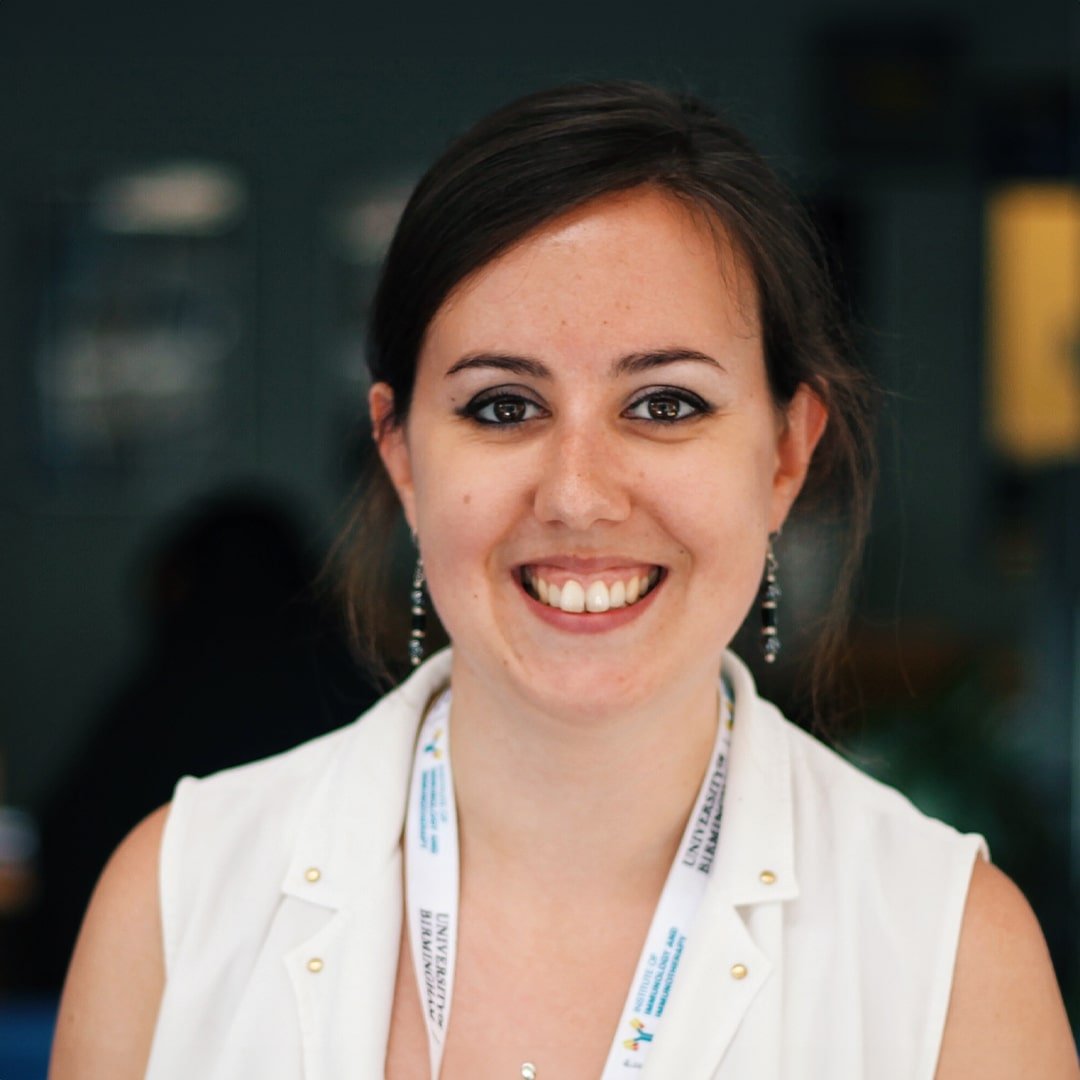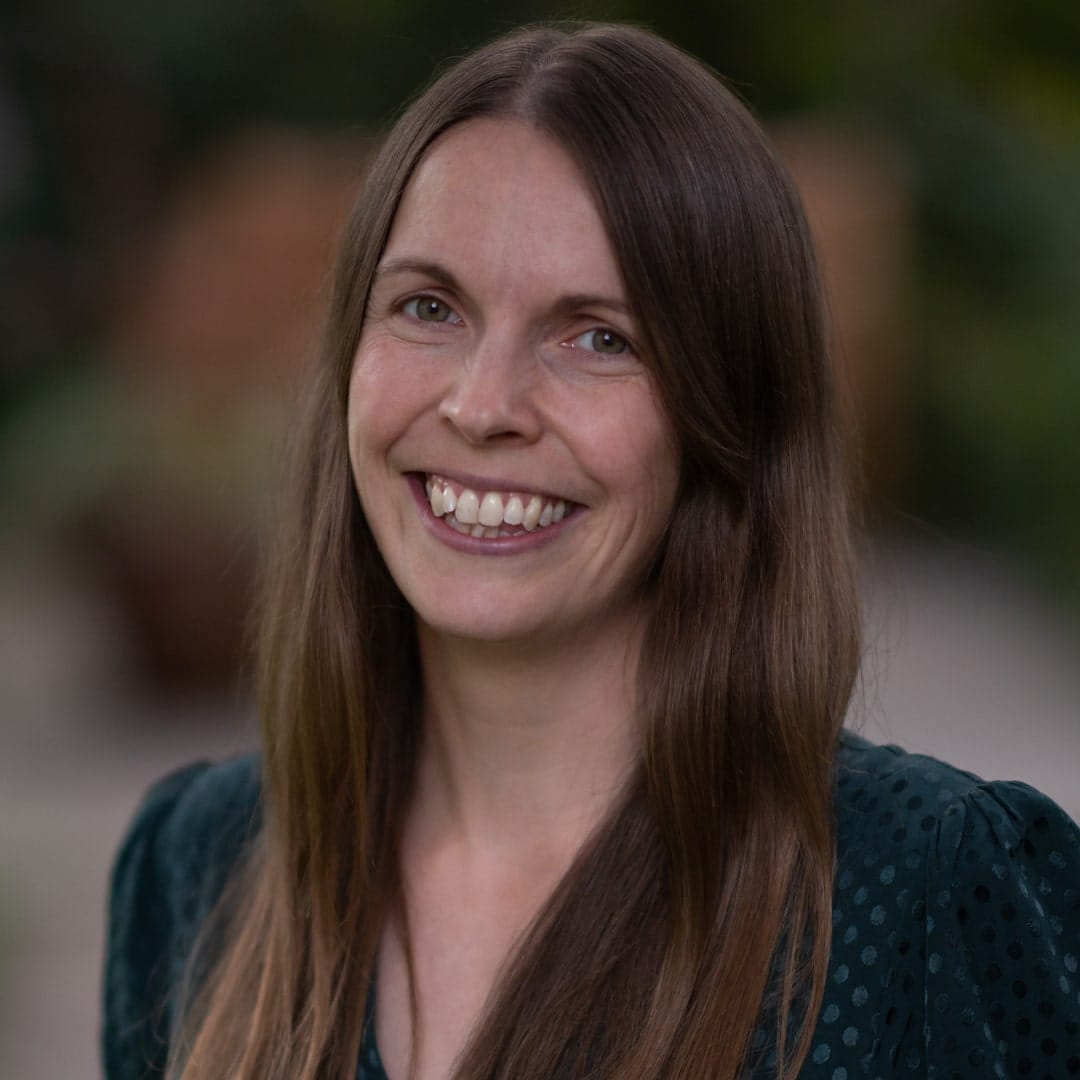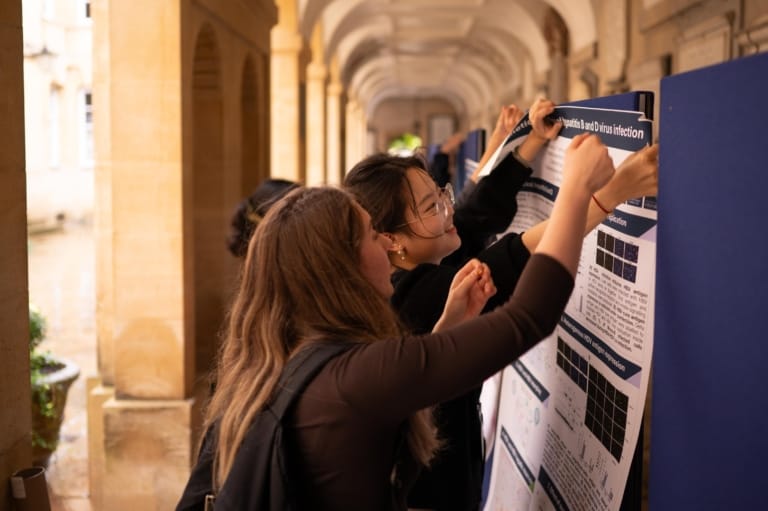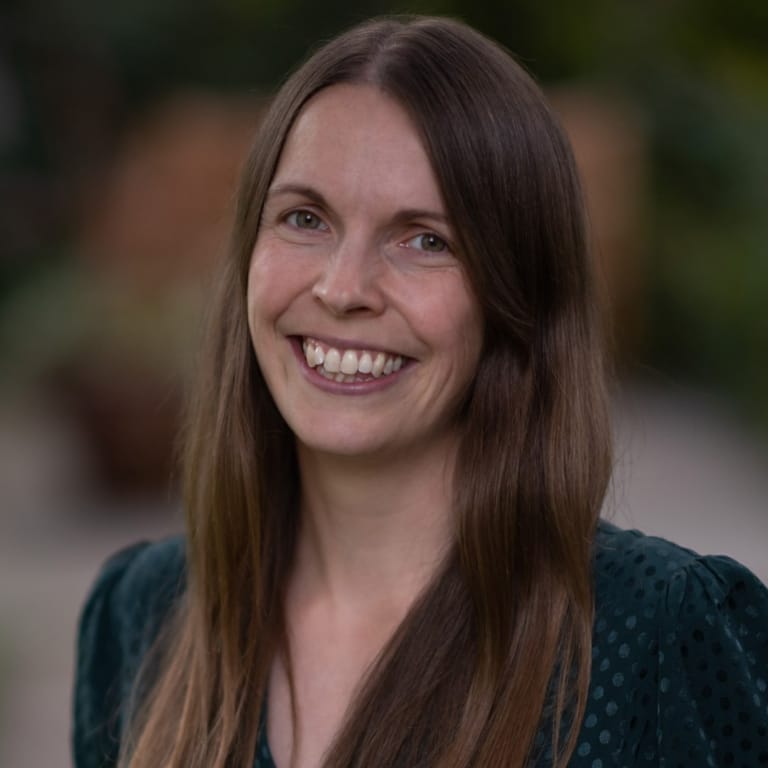Announcing the annual Lister Prize winners is one of the highlights of our calendar, and 2024 is no exception. This year we welcome six new Lister Fellows, each one an exceptional early-career researcher in biomedical science. Lister Prize recipients each receive a lump sum of £300,000 to spend on furthering their research, which can be flexibly spent on staffing, equipment and other research costs.
Dr Alex Borodavka
University of Cambridge

Alex’s group studies rotaviruses, which cause over 170,000 child deaths annually. These RNA viruses are unique due to their segmented genomes, comprising eleven distinct chromosomes. He aims to uncover how rotaviruses and similar viruses assemble their genomic segments. This involves characterising RNA structures and sequences in genome assembly and investigating the molecular mechanisms of the formation of viral replication factories, where the assembly takes place in cells. His research seeks to identify universal genome assembly mechanisms in segmented viruses, providing new avenues for the development of treatments and improved vaccines.
“Winning the Lister Prize is an incredible honour and a significant milestone in my scientific journey. With this flexible support I can expand our team, and establish new cutting-edge technologies, as well as foster collaborations with the groups working on other important multi-segmented RNA viruses. This will accelerate our efforts to uncover universal principles of replication and evolution of these pathogens, and advance our understanding of a fundamental biological problem that has been around for over half a century since the discovery that this class of viruses contain multiple genomic segments.”
Learn more about Alex’s work: https://www.borodavkalab.org/
Follow Alex on Twitter/X @AlexBoRNA
Dr Andrew Davidson
University of Glasgow

Andrew is interested in tumour cell death and how it shapes the tumour microenvironment. While killing tumour cells is the objective of most cancer therapies, our bodies are designed to respond to cell death by triggering healing, which the tumour can hijack to fuel relapse.
Furthermore, a failure to clear cell death triggers chronic inflammation, which cancer thrives in. Andrew’s lab combines the unrivalled genetics of Drosophila with powerful live-cell imaging to study tumour cell death and its clearance in vivo.
“Having only recently joined the University of Glasgow, I am hugely grateful to be awarded the Lister Prize as it will support me while I set up my lab and help me launch an ambitious program of research right from the outset.”
Follow Andrew on Twitter/X @Davidsndeathlab
Dr Sarah Dimeloe
University of Birmingham

Sarah is an immunologist with a particular interest in understanding the metabolism of our immune cells. Metabolism describes how cells take up nutrients and break them down to provide energy and building blocks. This changes dramatically in immune cells when they become engaged in a protective immune response. Sarah aims to understand exactly how this happens, since it is frequently dysregulated in diseases associated with altered immune cell function, including autoimmunity and cancer.
“This Prize will allow me to explore exciting new ideas in my research, supporting me to probe the fundamental metabolic biology of the immune system. Its flexible nature will enable me to invest in new experimental tools, and also in people, developing future immunology researchers.”
Learn more about Sarah’s work: https://www.birmingham.ac.uk/staff/profiles/immunology-immunotherapy/dimeloe-sarah
Follow Sarah on Twitter/X @SarahDimeloeLab
Dr Rebecca Drummond
University of Birmingham

Rebecca’s research focus is invasive fungal infections, which kill a large number of vulnerable people every year. She predominantly studies the yeast Cryptococcus neoformans, which is a common cause of brain infection in people with HIV/AIDS. Her work looks at how this fungus grows in the brain, such as how it gains nutrients and avoids detection by the immune system, whilst also examining the antifungal immune response to unpick the host-fungal interactions occurring in the brain during an infection.
“I applied for the Lister Prize because of the flexibility of the funding being offered, which for me was necessary as I wanted to set up brand-new models to study co-infections and their complex immunology. I am honoured to become part of the Lister community, and look forward to joining the network that already includes some of my existing colleagues and collaborators.”
Learn more about Rebecca’s work: https://www.birmingham.ac.uk/staff/profiles/immunology-immunotherapy/drummond-rebecca
Follow Rebecca on Twitter/X @theRAD_lab
Dr Elizabeth Rosser
University College London

Juvenile idiopathic arthritis (JIA) is the most common childhood disease of the joints, with a UK prevalence of 1 in 1000. For unknown reasons, some JIA patients develop uveitis, an inflammatory disorder of the eye, which can lead to life-long loss of sight. Lizzy’s group is investigating how different B cell populations contribute to joint, and now through the Lister Prize, eye damage in JIA. Understanding the contribution of B cells to uveitis pathology could lead to the development of novel B-cell targeted therapeutic strategies that prevent visual impairment in these children.
“Winning the Lister Prize will have a transformative impact on my new group’s research portfolio. By supporting a whole new workstream in ocular immunology, we will be in a unique position to understand the ‘whole picture’ of JIA pathology – a devastating disease of childhood in which we are passionately pursuing new strategies to improve outcomes.”
Learn more about Lizzy’s’s work: https://profiles.ucl.ac.uk/6466-lizzy-rosser
Follow Lizzy on Twitter/X @bcells_rosser
Dr Nicola Whiffin
University of Oxford

Over 300 million people globally have a rare disease and 80% of rare diseases are thought to be genetic. Currently, disease-causing genetic mutations are only looked for in the 1.5% of our DNA that directly encodes proteins. But through this approach, we find the genetic cause of disease for less than half of all rare disease patients. Nicky’s team researches genetic variants outside of protein-coding regions of the DNA (in the other 98.5%) to find new diagnoses for patients and to understand more about gene regulation.
“I am delighted to have been awarded a Lister Institute Research Prize. I am honoured to join an incredible list of past and current Fellows and I am particularly looking forward to the annual meetings and the opportunity to meet the other fellows and learn more about their science and careers. The flexibility of the Lister Prize is unique. It will allow me to bring expertise into my team that is hard to fund through conventional university salary scales, including a software engineer to support development of open source tools to enable translation of our research into clinical settings.”
Learn more about Nicky’s’s work: www.rarediseasegenomics.org/
Follow Nicky on Twitter/X @nickywhiffin
Apply for the 2025 Lister Prize Fellowship
Applications for the 2025 Prize will open on 8th July 24 and will remain open until 23rd September. We welcome applications from early-career biomedical researchers across the UK and the Republic of Ireland who feel that the funding would make a major difference to their work.
The Prize includes £300,000 (awarded as a lump sum grant) that must be spent within five years. It is completely flexible and can be used for any research costs and expenses, including the salaries of post-doctoral workers, technicians, or PhD students, but not the winner’s own salary.
Please keep an eye on the website and follow us on Twitter/X and LinkedIn for further announcements.
How to apply for the Lister Prize: http://lister-institute.org.uk/how-to-apply/
More details about eligibility: http://lister-institute.org.uk/eligibility/



